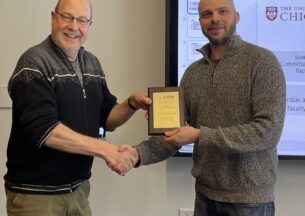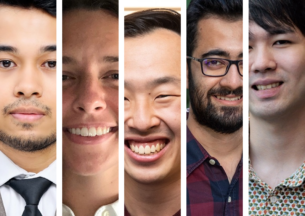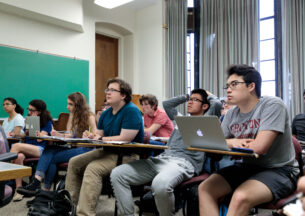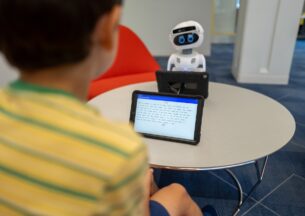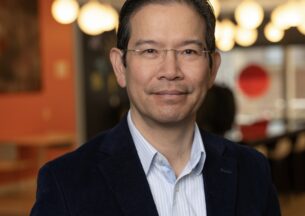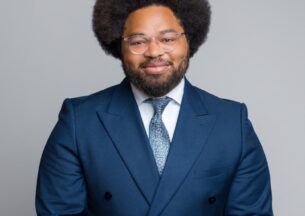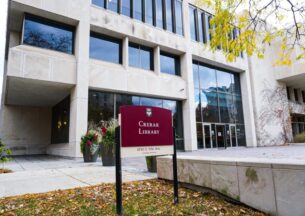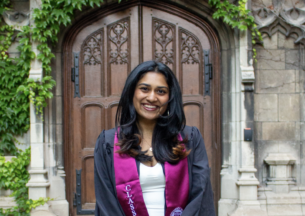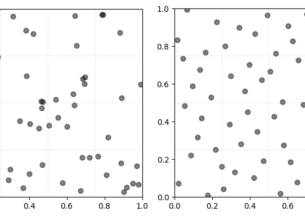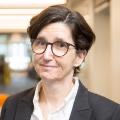University of Chicago Researchers Earn Top Honor for Adaptive Software Breakthrough
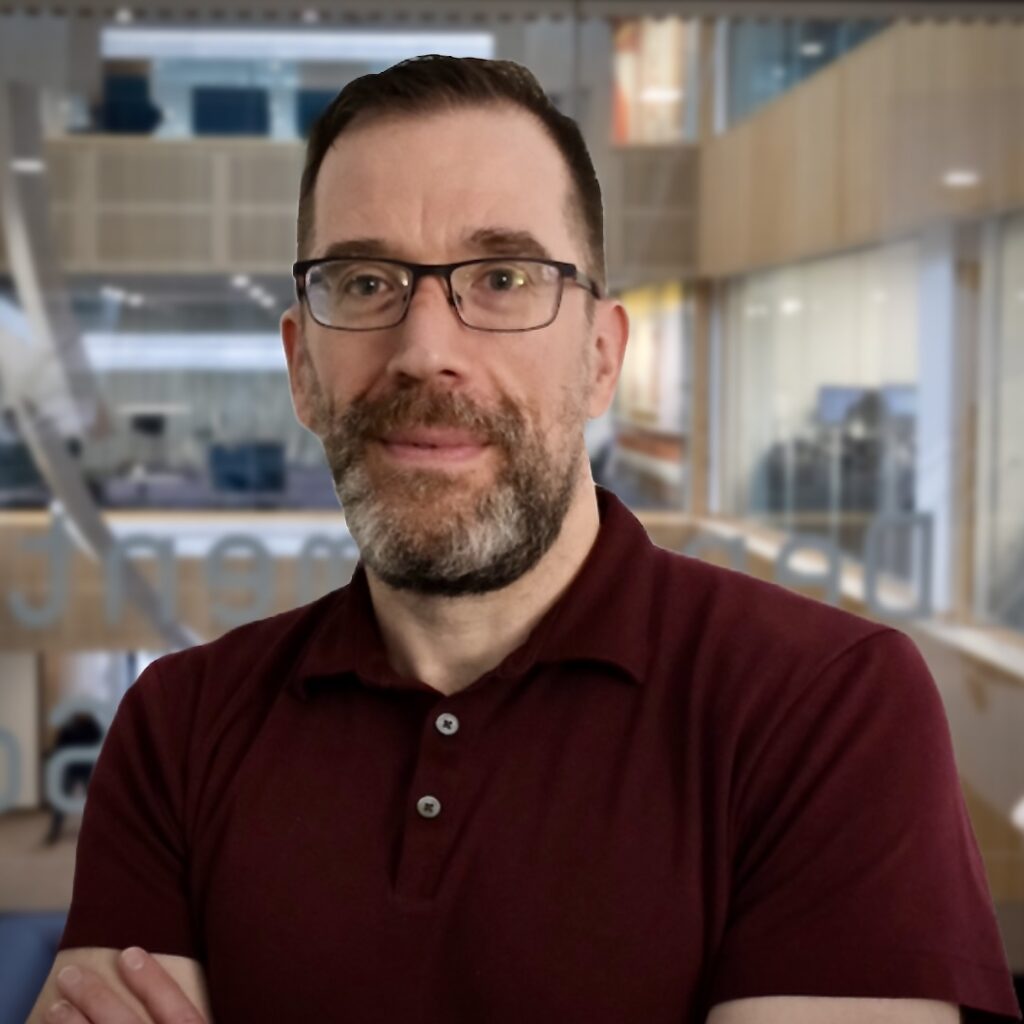
Research from the University of Chicago’s Department of Computer Science has reached a significant milestone with a paper co-authored by Hank Hoffmann, Liew Family Chair of Computer Science, being recognized with the Most Influential Paper Award from SEAMS (the Symposium on Software Engineering for Adaptive and Self-Managing Systems). Published in 2015 and co-authored with an international team of researchers, the paper titled “Software Engineering Meets Control Theory” offers a systematic approach to designing software systems that can adapt to changing conditions in real time.
This is the first time the award has been given to a University of Chicago researcher for systems-focused work, highlighting the department’s contributions to this area of computer science. The department’s growth in systems research is increasingly being acknowledged for its role in addressing complex technical challenges, including a move into the top 20 systems programs in the US for 2025.
The awarded paper offers a methodical approach for designing software that adapts to changing conditions in real time. Modern software must often operate in unpredictable environments, adjusting to shifting workloads, new user demands, and external disturbances without disrupting performance. The authors draw on principles from control theory—a discipline traditionally used to manage industrial systems—to give software engineers tools for ensuring their systems respond predictably and reliably, even as conditions fluctuate.
Hoffmann has reflected on the recognition as a testament to the team’s commitment to advancing the field.
“This recognition highlights the creativity and persistence of the whole team who contributed to the work. There has always been a bit of nervousness about making software adapt, but by bringing together ideas from engineering and computer science we showed how to do it in a principled manner that mitigates many of the risks.”
A central example in the research is a video encoding application. This software must strike a balance between competing needs: maintaining high-quality video output, reducing delays, and conserving energy while adjusting to dynamic workloads caused by changes in the scene. The paper demonstrates how an adaptive system informed by control theory can continually adjust and optimize performance in this scenario, providing engineers with a practical blueprint for similar applications.
What sets this approach apart is its focus on providing formal guarantees—a way of proving mathematically that adaptive software will behave as expected over time and under various conditions. These guarantees are invaluable for industries reliant on systems performance, such as data centers, cloud computing, and real-time media services. The proposed framework is not just relevant for specific use cases; it provides a scalable methodology that software engineers can apply across different types of systems.
The SEAMS recognition reflects the growing impact of the University of Chicago’s Department of Computer Science in systems research—a field focused on designing and improving software infrastructure. The department has increasingly embraced multidisciplinary collaboration, looking at challenges through lenses including control theory, machine learning, and software engineering principles.
“I have always found it especially rewarding to do interdisciplinary work,” said Hoffmann. “There is a unique intellectual challenge in bringing together ideas designed for different domains, but the result often enables some novel, unforeseen capability.”
Hoffmann’s paper represents a thoughtful and thorough contribution to understanding adaptive systems, and the award highlights its relevance more than a decade after publication. As software increasingly touches every facet of society—from online services and mobile apps to energy-efficient computing—the insights from this research are helping shape new approaches for building systems that are both reliable and agile in the face of change.


